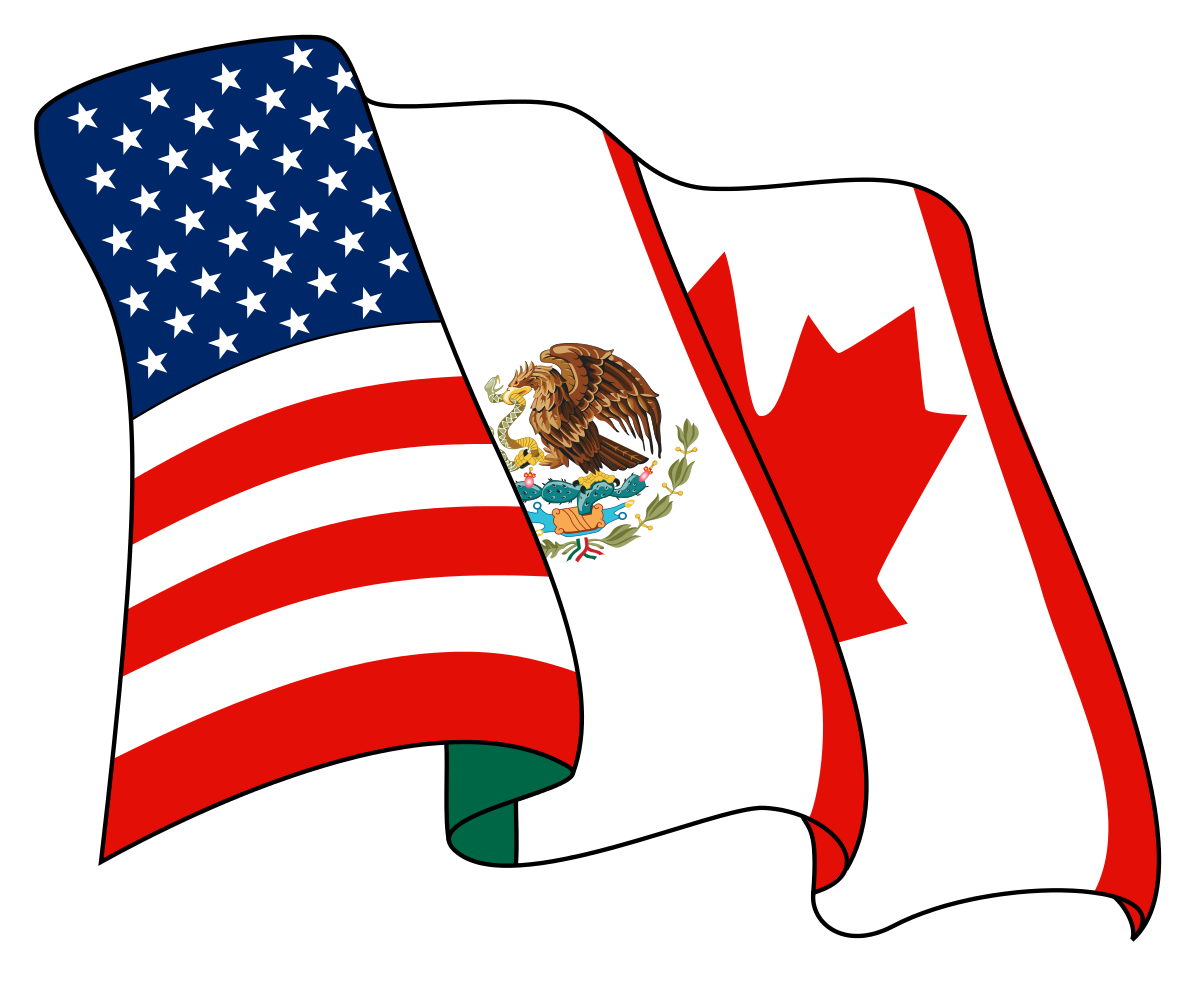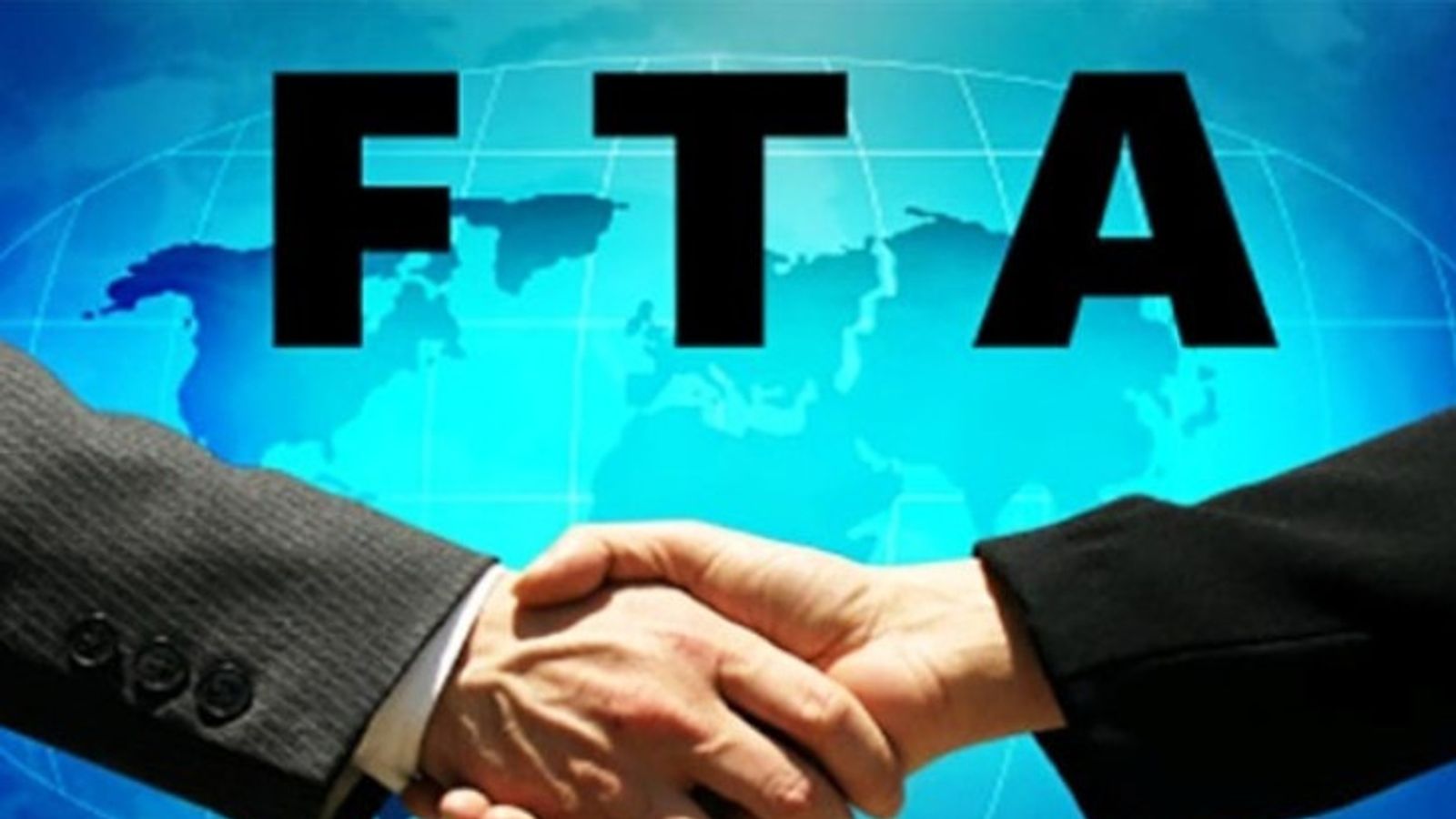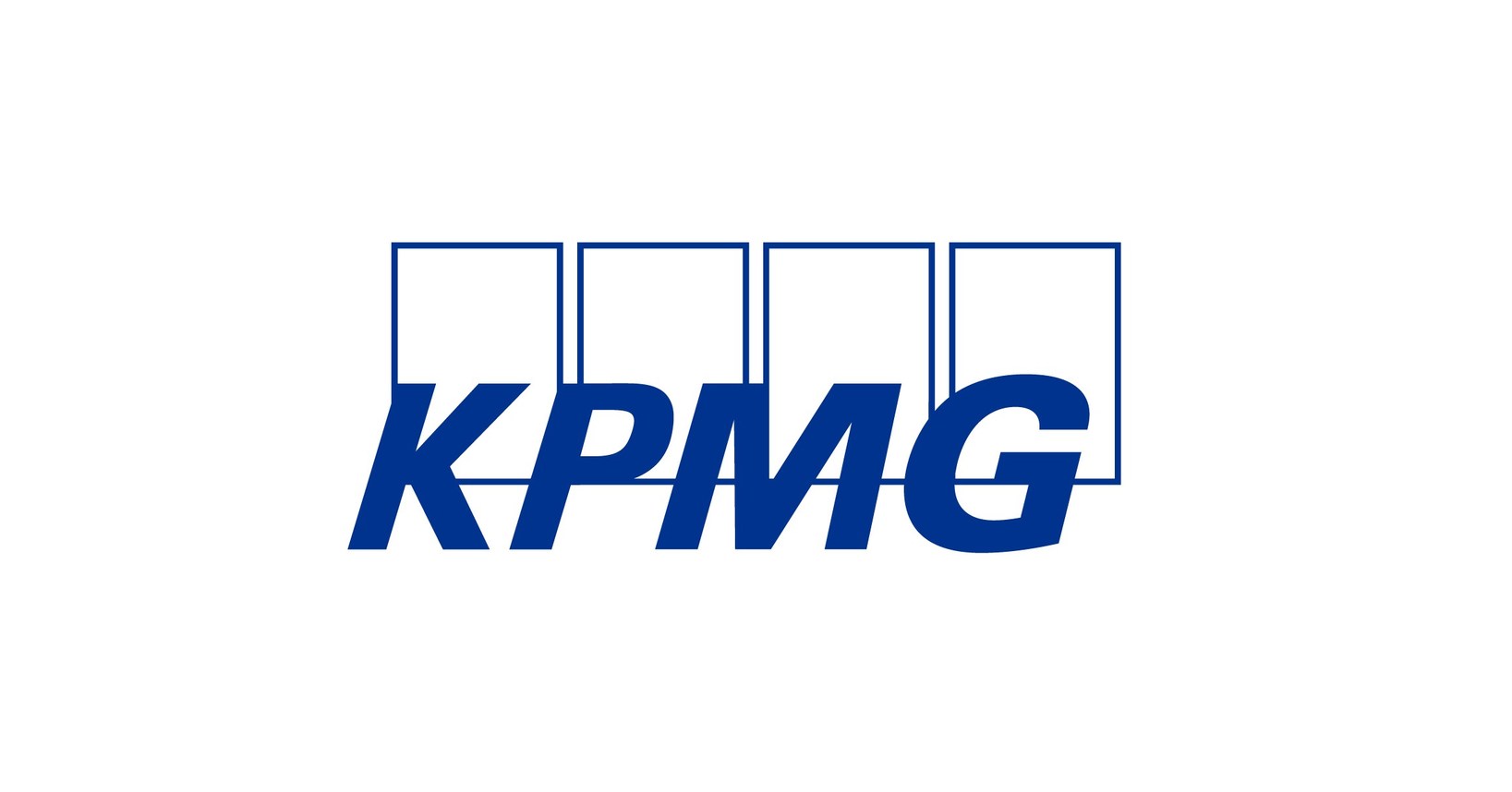New rule for importers to get FTA concessions; industry raises concern
New rule for importers to get FTA concessions; industry raises concern
Beginning Monday, importers require to provide proof of 35 per cent value extension in goods from the nation of origin to allege duty permits under free trade agreements (FTAs). A finance ministry said the would not get advantages without that.

While the movement is directed at securing duty avoidance through routing exports to India under FTAs, industry worries, it will follow in an assent burden.
According to the official, just a declaration by the exporter would not serve. It will be the importer’s ability to assure value addition has been completed.
A provision was organised into the Customs Act during the budget session of Parliament in February this year, on checking rules of the source of imports under FTAs. The regulations in completing this were announced last month. The Customs department will now rise up its review of imports of mobiles, set-top boxes, white goods, cameras, and other electronic products, and incense sticks from nations with which India has FTAs.

Besides, the goods must know some significant transformation (as directed for products clearly in the FTA by way of product-specific standards).
For example, if mobile is transported from Indonesia to India, it would restrict to be of Indonesian origin only if it is executed significantly there and 35 per cent of its FoB (free on board) price is the Southeast Asian country’s contribution, the official said.
The new laws will be a switch from the present ones by which a “country of origin” certificate, published by a published agency in the country of export, is provided by the importer, who has no further obligation even though he requires substantial benefit.
But the industry says importers may not get the needed certificates from exporters.
Harpreet Singh, partner, KPMG, said: “With these laws, serious obligations are determined upon importers. To mention a few, presenting multiple documents, providing undertakings, accurately filling up forms, maintaining relevant information, etc. are some of the fundamental requirements.”

This may require insights into the manufacturing method, which the Indian importer may not have.
Ajay Sahai, director-general and chief executive officer, Federation of Indian Export Organisations (FIEO), said at the same time, broadly the new laws should not result in a pause in discharging shipments, it required to be recognized how it was determined.
“In some cases, exporters may not like to give further detailed documents the customs authorities demand,” said Sahai.
Finance ministry sources said perversion had been increasing for the last few years. Domestic industry, doubting offensive play, has frequently urged the government to examine FTAs and take effort.
Finance ministry officials said FTAs were supposed to be commonly advantageous to all partner countries, but this was not the circumstance.
“While India’s exports to FTA partners continue almost flavorless, imports have climbed rapidly, increasing the trade deficit,” the official said.
In the case of ASEAN (Association of Southeast Asian Nations), the merchandise trade gap had increased from $5 billion in 2010, when the ASEAN FTA was executed, to more than $22 billion today.
“Our merchandise trade excess with Vietnam and Singapore has modified in the past three to four years. From an excess of $2 billion with Vietnam, at the origin of the FTA in 2010, India presently has a trade shortfall of about $3 billion with it,” a source said.
The same is the problem with Singapore, and the trade shortfall with the nation reaches more than $4 billion. The trade gap has also broadened with Thailand, Malaysia, and Indonesia.

Research has found that TVs, set-top boxes, mobiles, telecom network products, and metals from FTA nations did not adhere to the appointed origin model. Last year, the Directorate of Revenue Intelligence detected a large-scale scam by which areca nut from a non-FTA nation was imported into India from an FTA partner, appropriately covered by false certificates of the source.
Over the last five years, the Customs authorities have identified false claims of Rs 1,200 crore.




